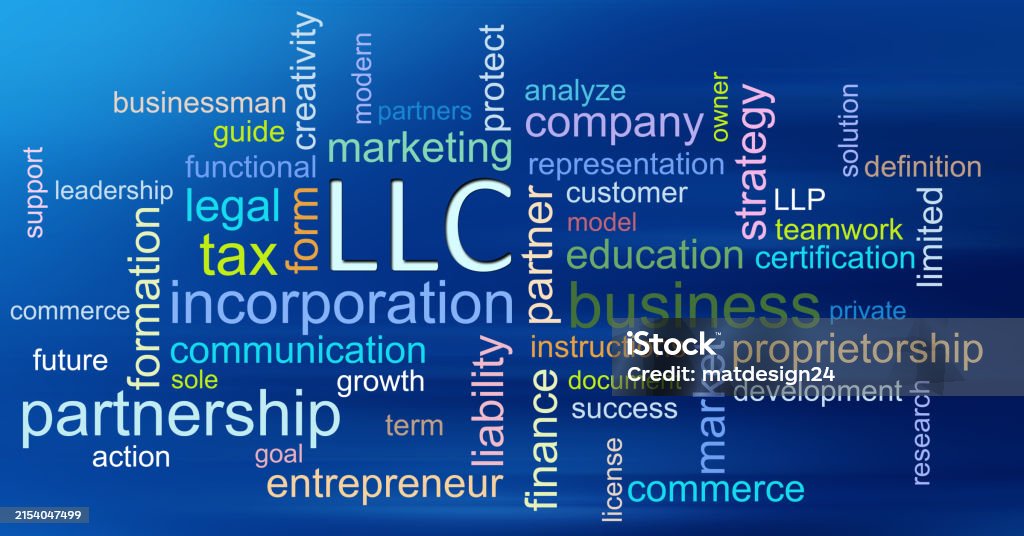Bosnia & Herzegovina, often abbreviated as BiH, is a Balkan country located at the crossroads of south and southeast Europe. Bordering Serbia, Montenegro, and Croatia, BiH has an ancient, rich, and complex history. On the economic front, the country had a strong export-based economy in the ’70s and 80’; before the war which left Bosnia damaged to the tune of $300 Billion in infrastructure, industry, and trade.

Due to a lack of infrastructure and traditional methods of doing business, foreign investors find it difficult to operate from BiH. Laws governing businesses are made at all three levels of government; state, cantonal, and municipal. This makes the process to initiate and operate a business redundant, time-consuming, and complex.
Having said that, BiH is a country progressing towards prosperity by bringing improvement to the business environment perpetually. Reforms in-laws and their execution have resulted in growing investors’ confidence and increasing investment opportunities. BiH is quickly transforming into an open economy and free-trade business arena where various business formats are permitted.
The most popular business structures among investors are:
- Unlimited Joint Liability Company
- Limited Liability Company
- Limited Partnership
- Joint Stock Company
The table below showcases primary details regarding each of the business structures mentioned above:
| S# | Type of business | Local name | Min.paid-up capital required |
| 1. | Unlimited Liability Company | D.N.O/O/D | No min capital required |
| 2. | Limited Liability Company | D.O.O | €1000 (approx.) |
| 3. | Limited Partnership | K.D | No min capital required |
| 4. | Joint Stock Company | D.D/A.D | €25,000 |
Unlimited liability company – D.N.O
An Unlimited Liability Company is similar to a general partnership as far as liabilities and responsibilities are concerned. As in a partnership, the owners of an Unlimited Liability Company are responsible for loss and debt in a personal capacity and are obliged to compensate accordingly.
This structure is generally opted by small retail businesses, traders, start-ups, etc. who plan to expand their operations at a very low cost; approximately €15-€20 including registration and state fee.
Limited liability company – D.O.O
A limited liability company is recognized as a legal person; held responsible for debt, liability, and performance, thus freeing the owner(s) from such responsibilities. A private limited company is the most opted business format for medium enterprises with established business activities.
The minimum capital requirement to register a D.O.O. is €1,000, but there is no maximum limit. Other costs that a business may incur while establishing and registering include state fees, notarization costs, translation, official business address, registry to a local trade association, etc.
Requirements for registration include the following:
- Contract (articles of association)
- Registration at the court
- Company stamp
- Bank account
- Tax registration
- Municipality registration
Limited partnership – K.D
A limited partnership differs from a general partnership in terms of roles assumed by a partner or set of partners. While general partners assume liabilities in a personal capacity, the sleeping partners are only responsible for the extent of their share in the company. Generally, sleeping partners are those who invest, whereas general partners manage, operate, and make decisions in the business.
There is no minimum capital requirement for K.D. in Bosnia; however, the usual registration and other cost do apply.
Joint stock company – D.D
A joint stock company is the most preferred format of business for big industries or growing ventures who require large sums of capital in a short span of time. Instead of investing their own capital, owners call on the public to invest in their business in return for dividends or trading profits.
The company must pledge the required capital with a commercial bank at an interest rate on a future date. Meanwhile, the bank guarantees the shares which are then offered to the public through the stock exchange. Once the capital is accumulated, the company may utilize the same after paying off the bank.
The minimum required paid-up capital to register a D.D. company in BiH is €25,000 approximately. Other costs may include notarization, legal fees, state fees, stamp duties, local and municipal fees, etc.
General costs & expenses
The actual cost of registration and associated expenses may vary from case to case, however, there are a few costs that every business should factor in while budgeting.
- Notarization (1.5% of total deed)
- Translation (€30 to €50/hour)
- Rent (€10 to €25/ sq.m)
- Electricity (€.108/unit)
- Internet (€12.month for 8Mbps connection)
- Wages – blue collar workers (€3/hour)
- Salary – White collar workers (€300/month)
- Company stamp (€15 – €25)
- Formalities for bank account (€15)
- Tax registration/initial audit (€300 – €350)
- Administrative cost (€500)
- Lawyer/legal matters (€500)
- Official publication in gazette (€3.58/line)
- Administrative tax by APIF (€18)
Business in Bosnia & Herzegovina
The region where BiH is located today is among the oldest areas inhabited by humans. The country has a rich and complicated history, culture, and heritage. Traces of Ottoman rule to the Balkan lifestyle, Bosnia has so much to offer for onlookers. Waterfalls, rivers, gardens, architecture, sprints, and a lot more.
Bosnia is going through a transformation period. The need for new infrastructure, technological innovation, health, and medical facilities, entertainment, food, and beverage, etc. is always present. Establishing a business that revolves around these or similar trades has a higher chance of success.
Here is a list of various businesses a person can start in Bosna along with projected estimated earnings.
| S# | Business | Minimum investment | Estimated earning per month |
| 1. | Information & Communication Technology | €40,000 | €5,000 – €40,000 |
| 2. | Construction/Civil engineering services | €80,000 | €10,000 – €100,000 |
| 3. | Blogging/podcasting/freelancing | €4,000 | €2000 – €10,000 |
| 4. | Woodworks/carpentry/plumbing | €10,000 | €1,000 – €1500 |
| 5. | Translation/tourist guide/hospitality | — | €4,000 – €10,000 |
| 6. | Food business | €7,000 | €4,000 – €8,000 |
| 7. | Energy generation/devices | €10,000 | €5,000-€10,000 |
| 8. | Transport services | €15,000 | €1,000 – €5,000 |
Note that the above projections are estimated based on historical records and case studies. Needless to say, the results for each business depend on numerous factors, such as investment, commitment, marketing strategy, prevailing business environment, etc. What we can say for sure is that BiH is a growing and developing nation, and this may be the best time to invest in the country to reap future benefits.
You may also find these articles helpful
Guide on company registration in Bosnia and Herzegovina
Guide on company liquidation in Bosnia & Herzegovina
Breakdown of Ukraine company registration fees and expenses



